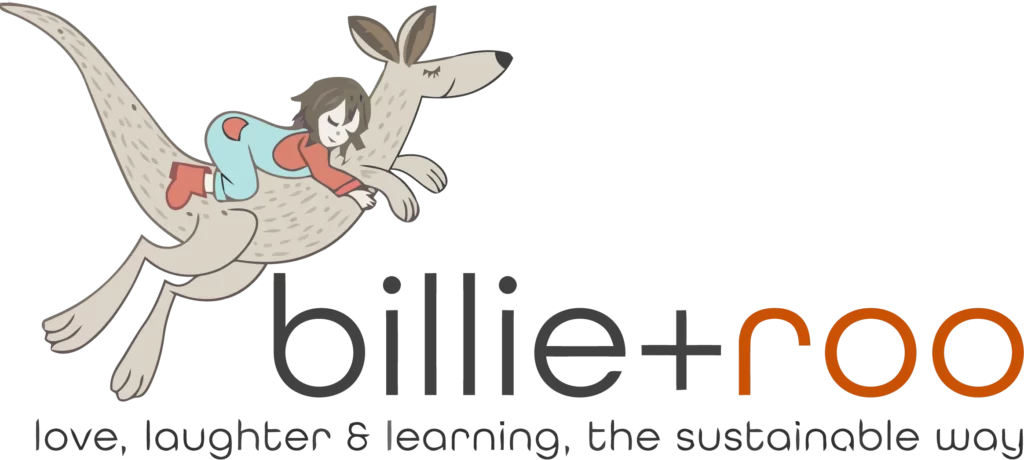In recent years, print books have seen a resurgence, and for good reason – they have been shown to be better for your brain and health than e-books. Apart from the strain on our eyes (that already probably see too much screen time), e-books offer greater distractions and take away that wonderful tactile experience of a print book. Seeing and feeling how much progress you’ve made in the story, by virtue of the waxing and waning of pages on either side of the book, can help readers feel like they’re unfolding the story—both literally and figuratively. Studies have shown that it allows them greater empathy, immersion in the book, and understanding of the narrative. Plus, with a print book, it’s easier to go back and confirm information you may be unsure of without losing your place and having to scroll or click back on your mobile device or tablet. A study of young children between the ages of three and five revealed that kids had lower comprehension of the story when their parents read to them from an e-book as opposed to a print book. Researchers theorize this arises because children get distracted by the electronic device and have a harder time focusing on the story itself. Students who have books at home are more likely to score higher on tests, according to another study of readers from 42 countries. It doesn’t matter how many books you have, but each additional book helps children perform better in school. This is especially true for children from disadvantaged families. Researchers believe this is because having books at home encourages children to read for fun and talk to their parents about what they’ve learned, which only stands to benefit them in the classroom. When you’re winding down for the night, reading from a screen or scrolling through a social media app on your phone are bad ideas. Study after study has shown that the blue light from your screen can toy with your melatonin levels and circadian cycles, making it harder for you to fall asleep and making you feel groggier when you wake up. In general, though, the engagement and brain activity that come with reading can help you drift off to sleep when you’re having trouble. So, if you’re hoping to get a good night’s rest, stick with print. Studies have also shown that books can make us happier, inspire us to travel, and encourage us to make life-changing decisions. And we all know just how relaxing it is to curl up with a good book. In this fast-paced world, this is a wonderful stress relief technique that will do wonders for your health. So don’t feel guilty the next time you spend a little more than you’d planned on books: science says it’s good for you. Source (part): mentalfloss.com
Author: George, Jean Craighead
Description: Award-winning naturalist picture book collaborators Jean Craighead George and Wendell Minor present a poignant tale about a young boy desperate to save one of the last polar bears in the rapidly changing Arctic environment. Can a human boy help save a baby polar bear? Paddling through the Arctic Ocean in their kayaks, Tigluk and his aka-his grandmother-spot a polar bear cub on a faraway ice floe. But he is all alone and has lost his mother.... For decades, naturalist writer Jean Craighead George and acclaimed artist Wendell Minor have shared a deep appreciation for the natural world with young people. In The Last Polar Bear, they deftly weave an environmental message into a contemporary tale about survival and coexistence between humans and animals on our warming planet. The vivid, realistic paintings capture the beauty of the people, animals, and landscape of the Arctic world.

Wanting to bring as much love, laughter and learning into the world through healthy, sustainable choices and good old-fashioned fun, Natural Living Foster (our physical store) and Billie & Roo were born. So what started off as a small kinesiology practice with a few healthy living products and a passion to protect our beautiful planet, soon became so much more. The joy we share with customers each day, whether in person or upon the opening of a new toy through the mail, is why we’re here. We hope you can be a part of our journey … we’d love to have you aboard.